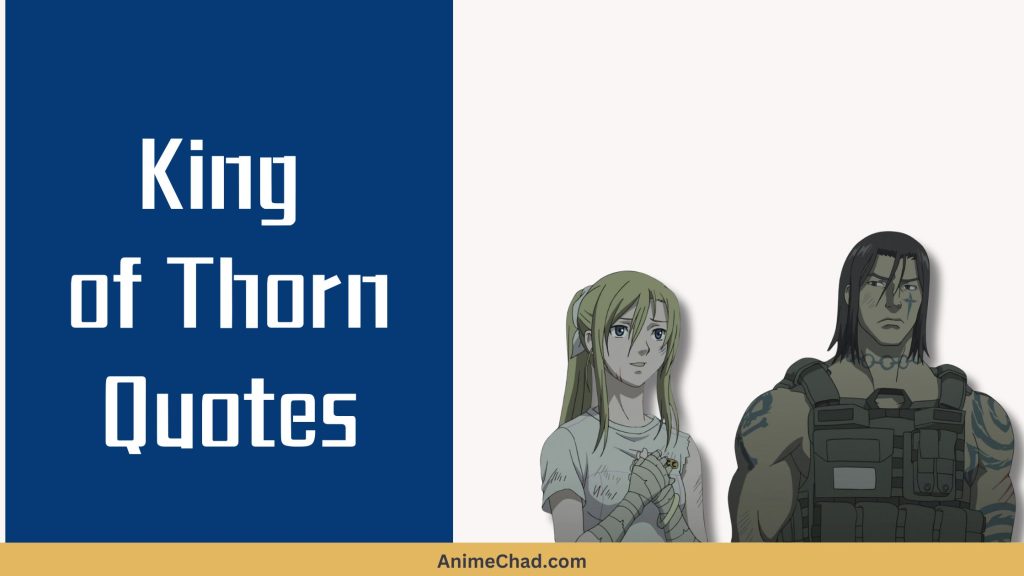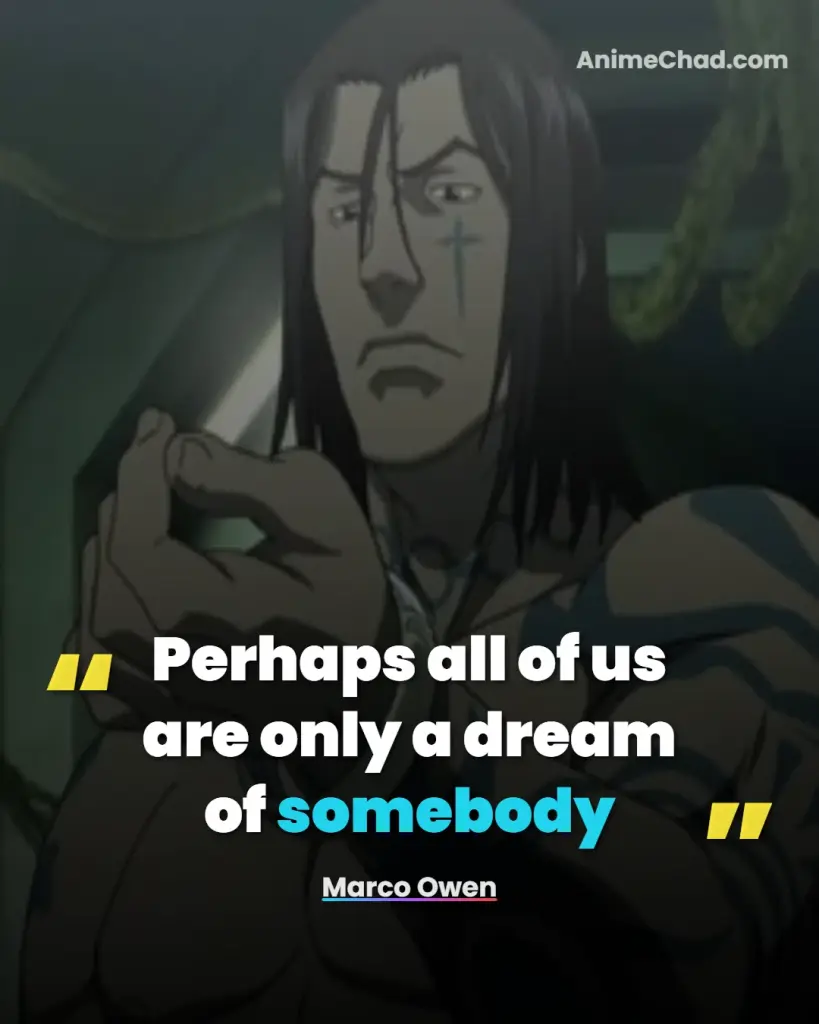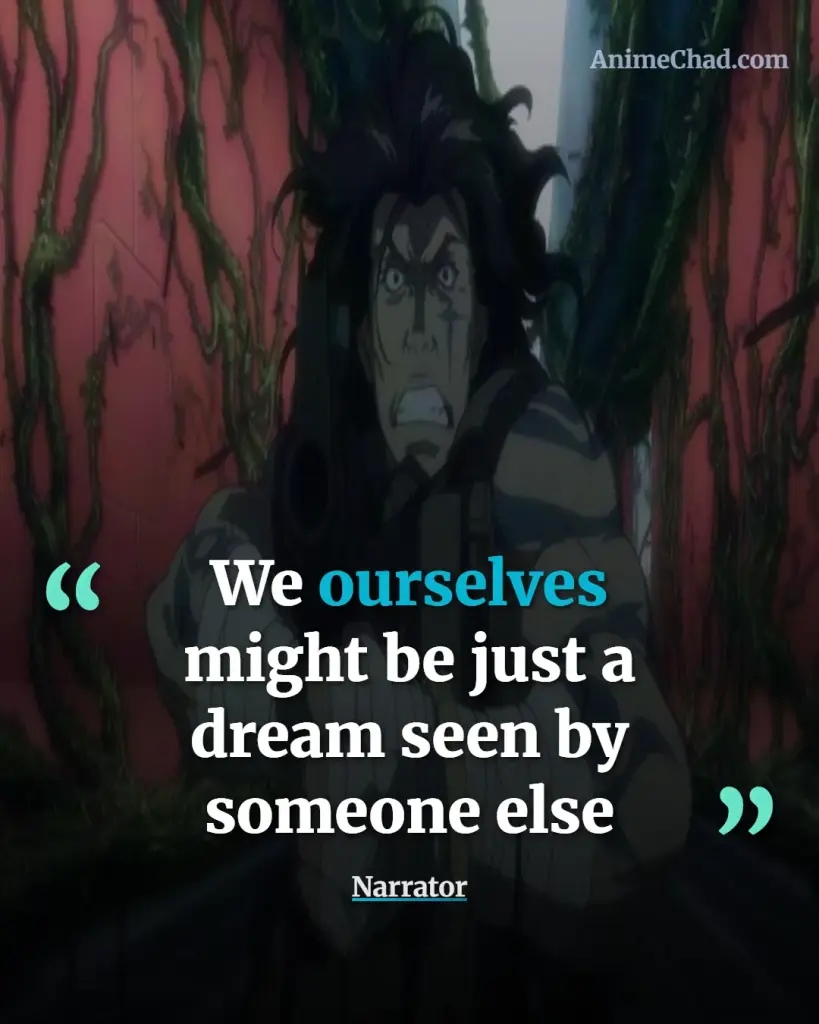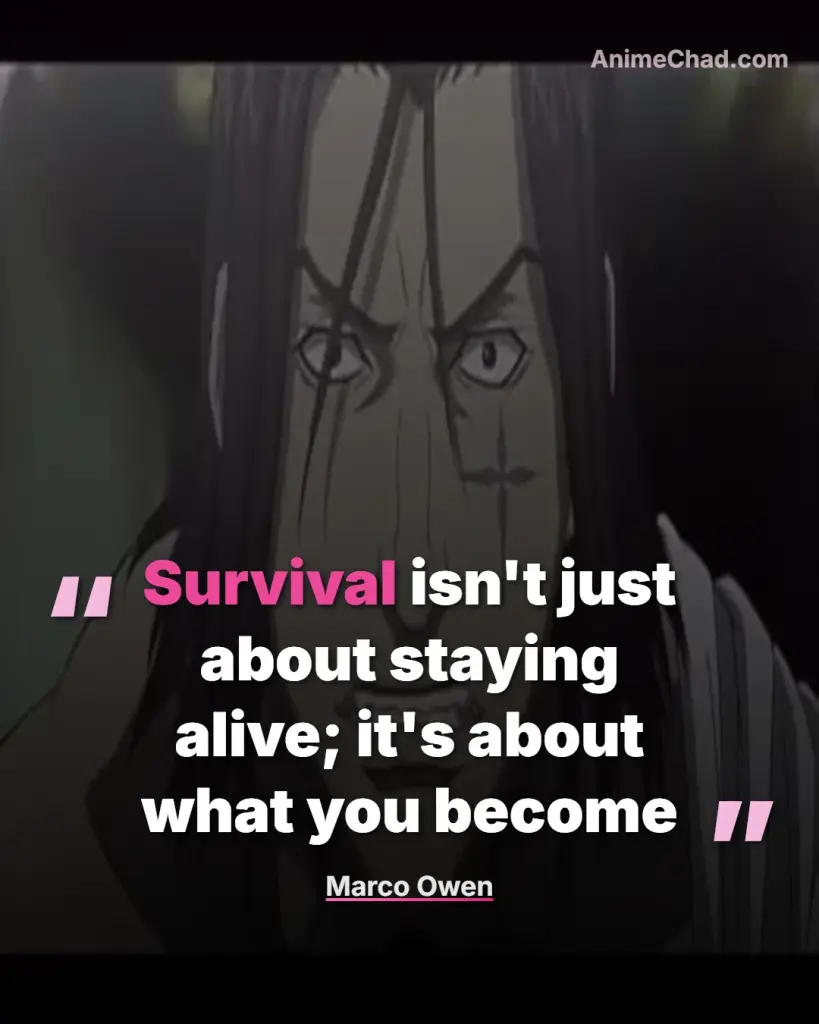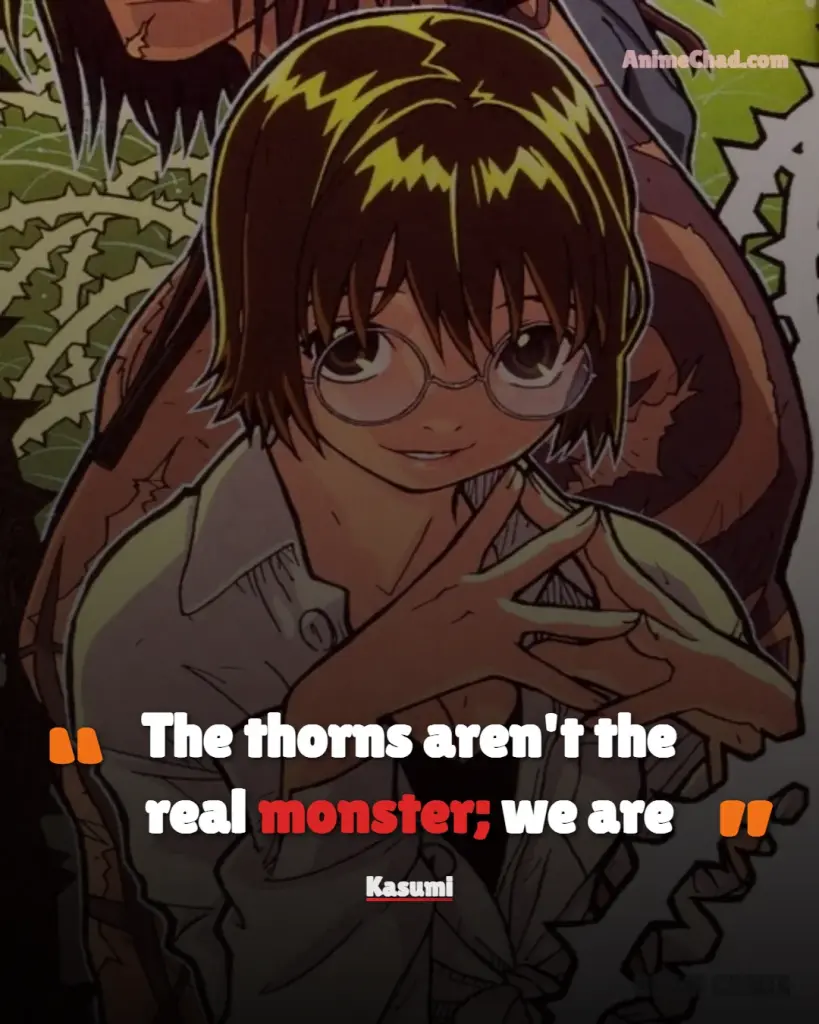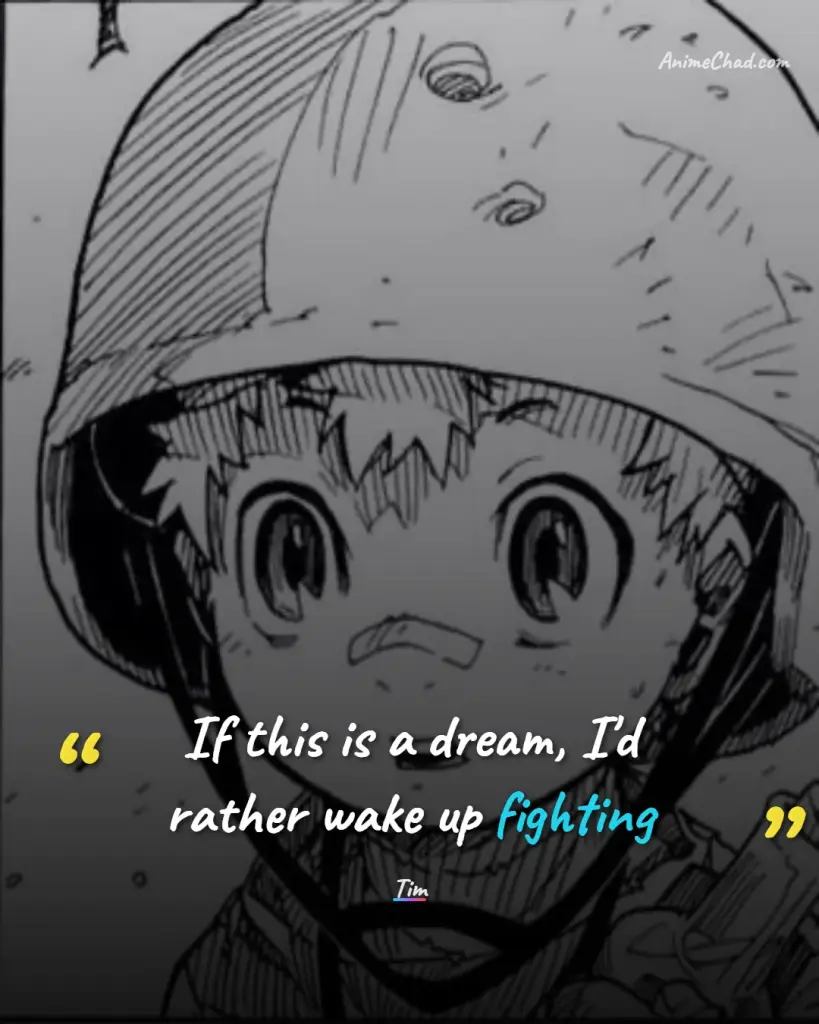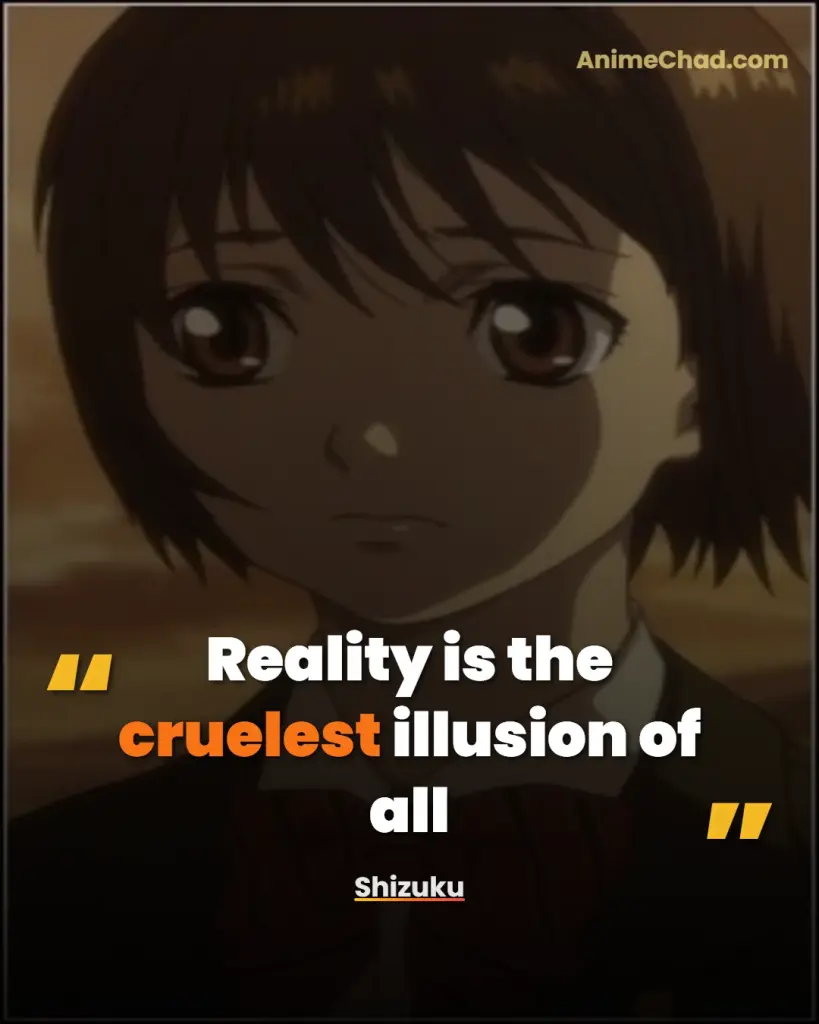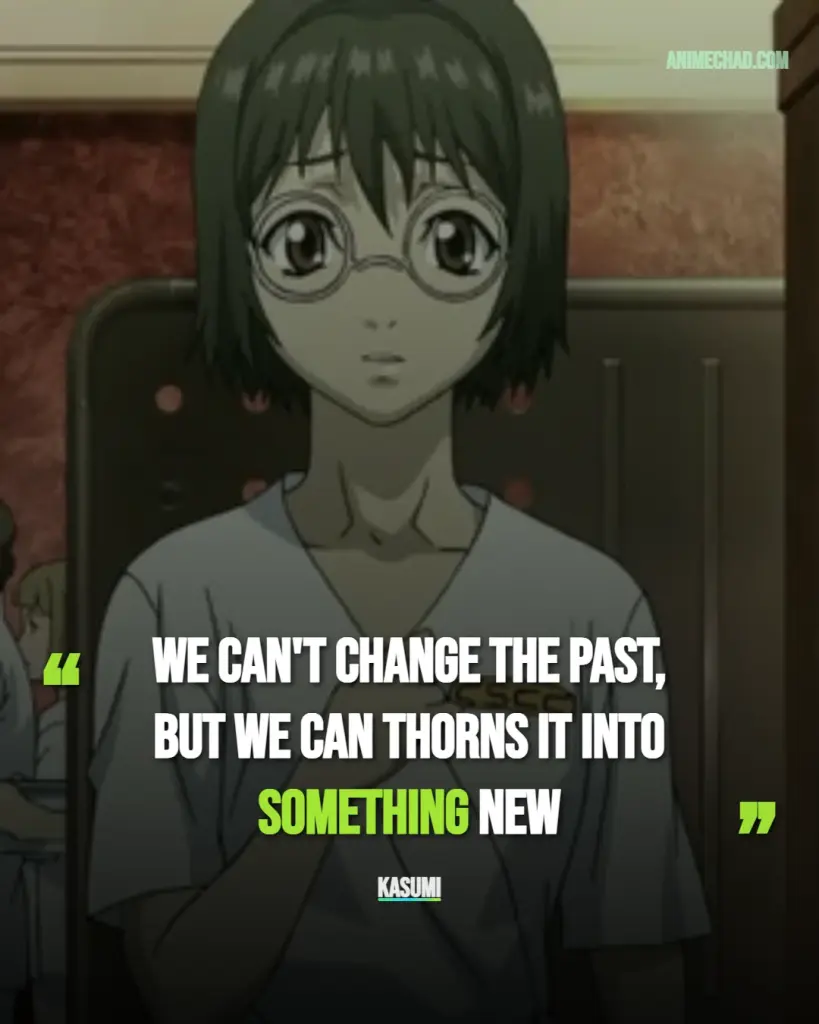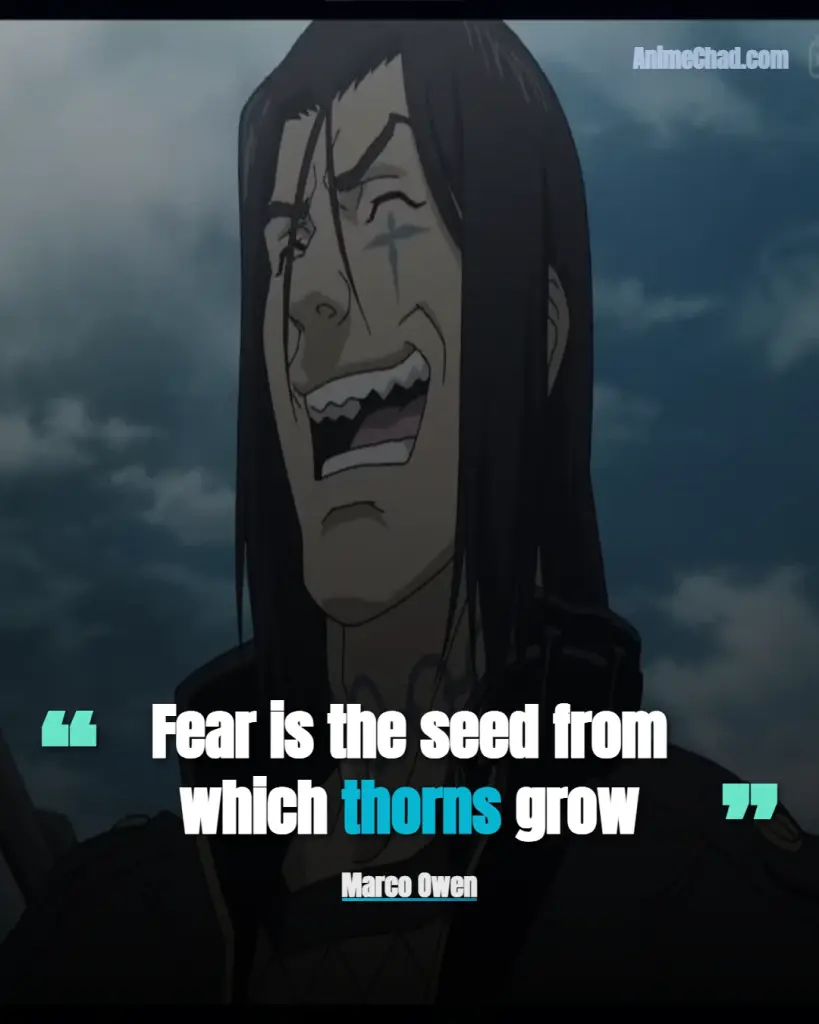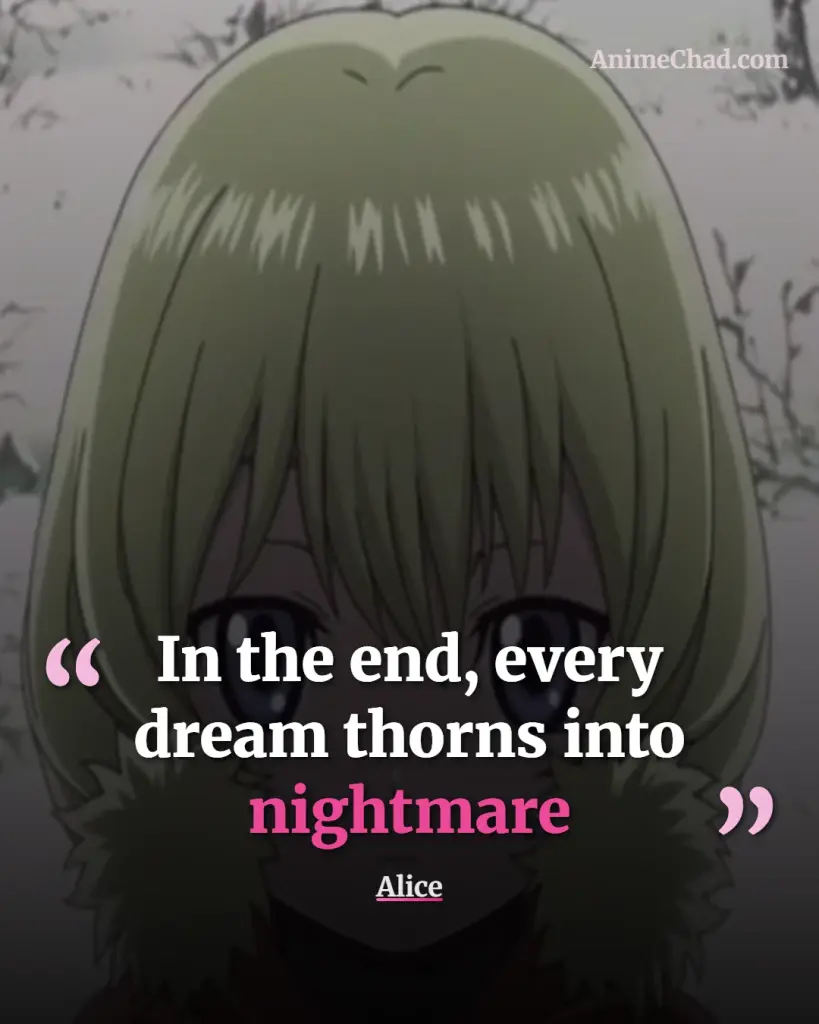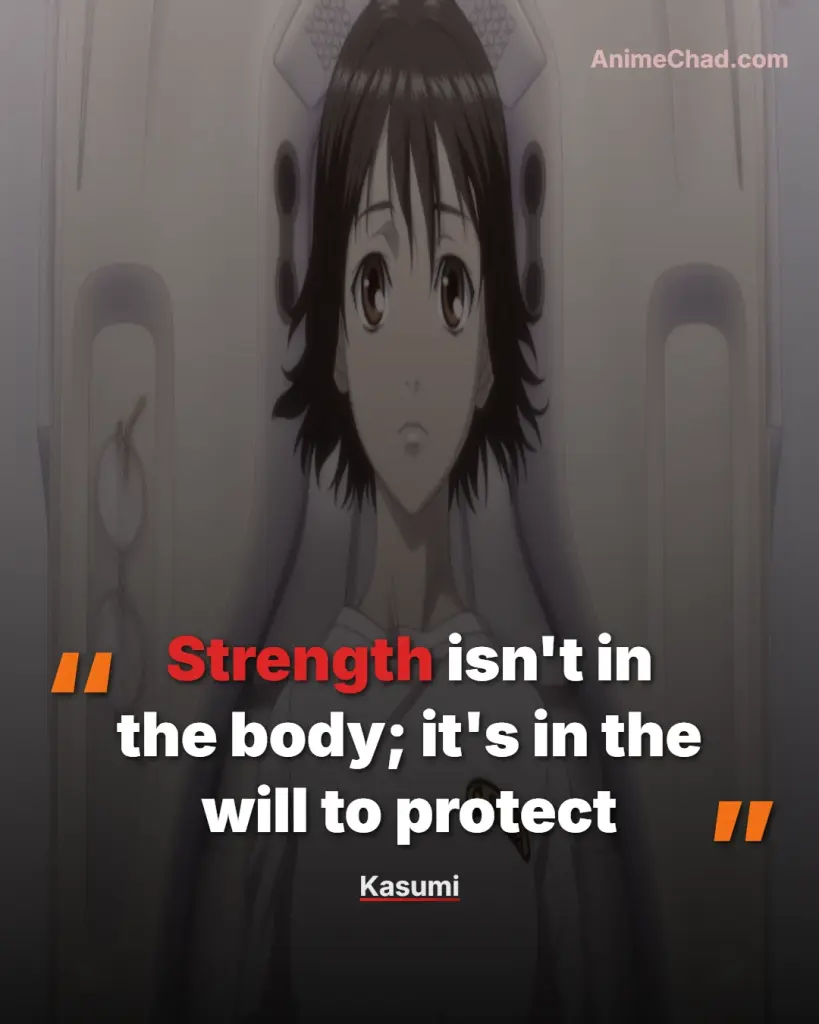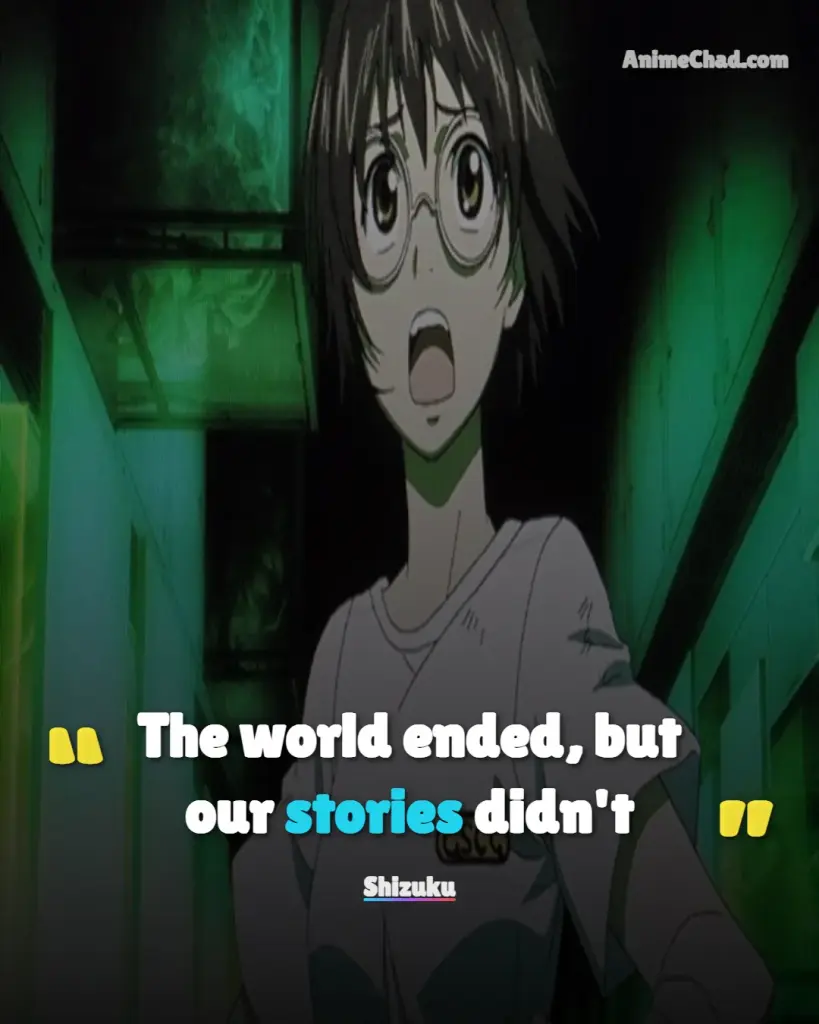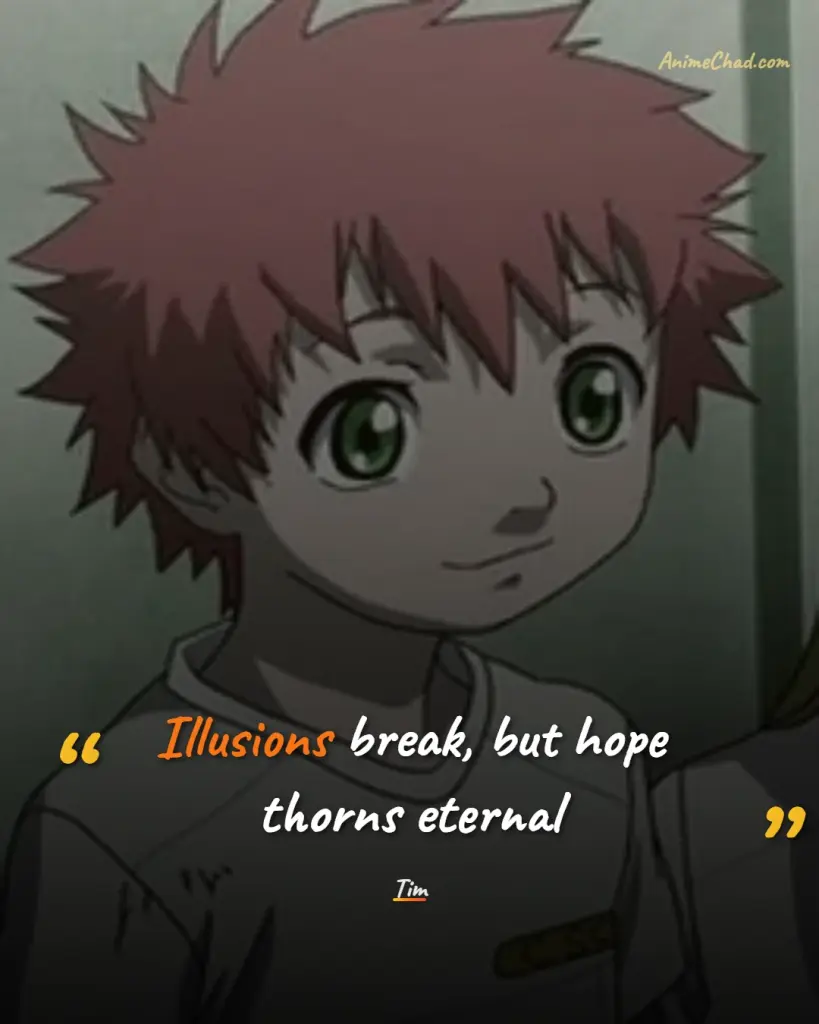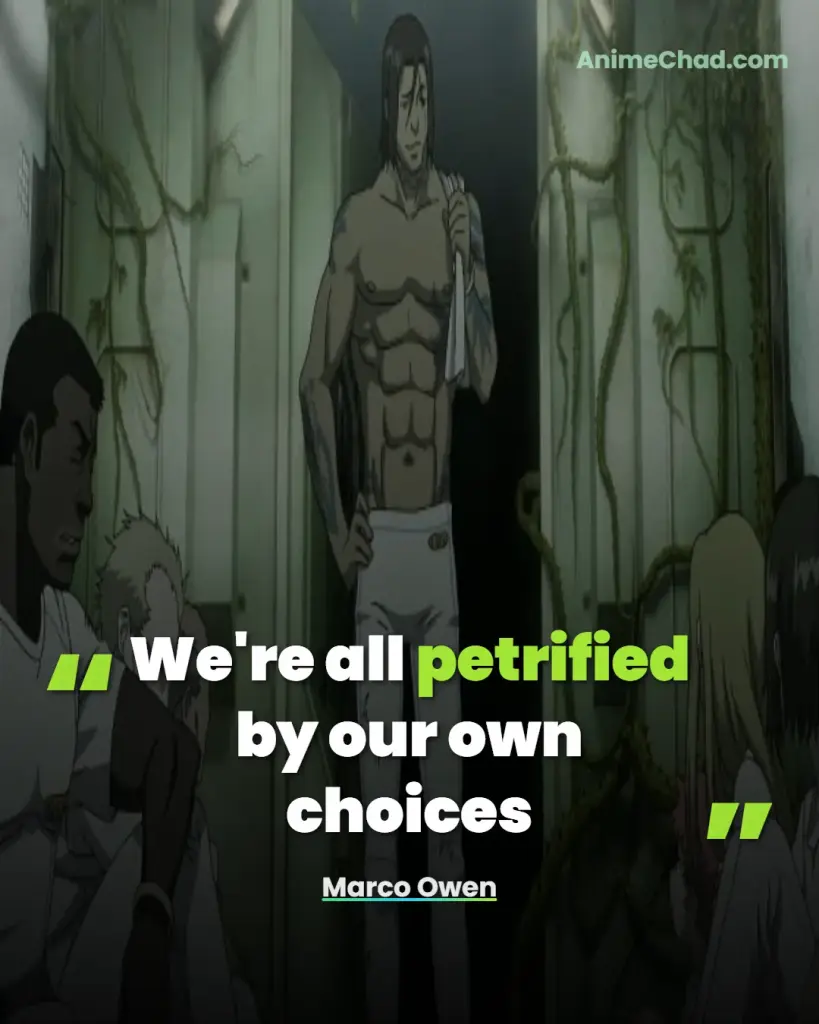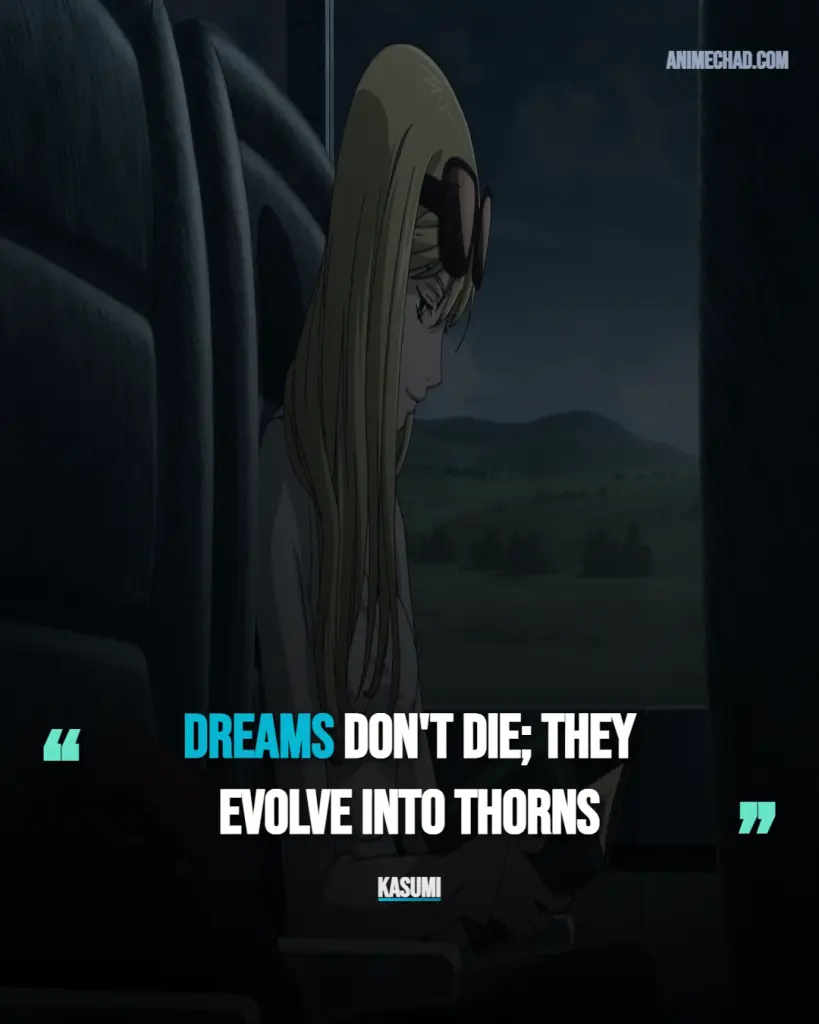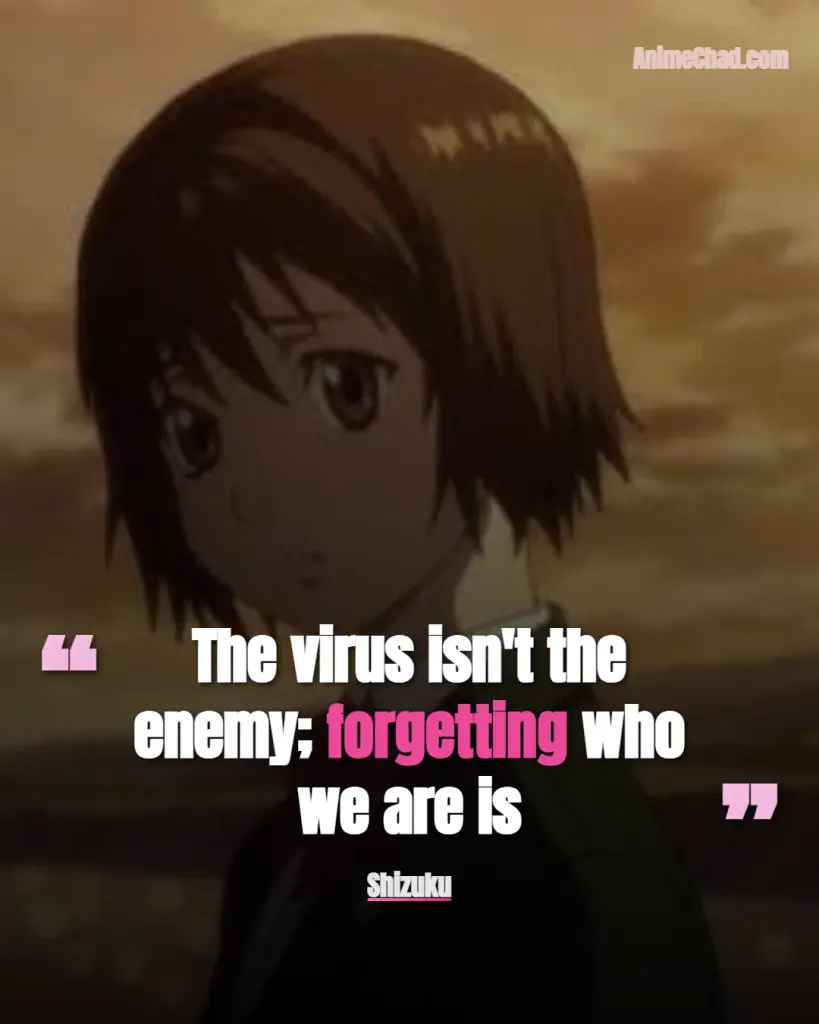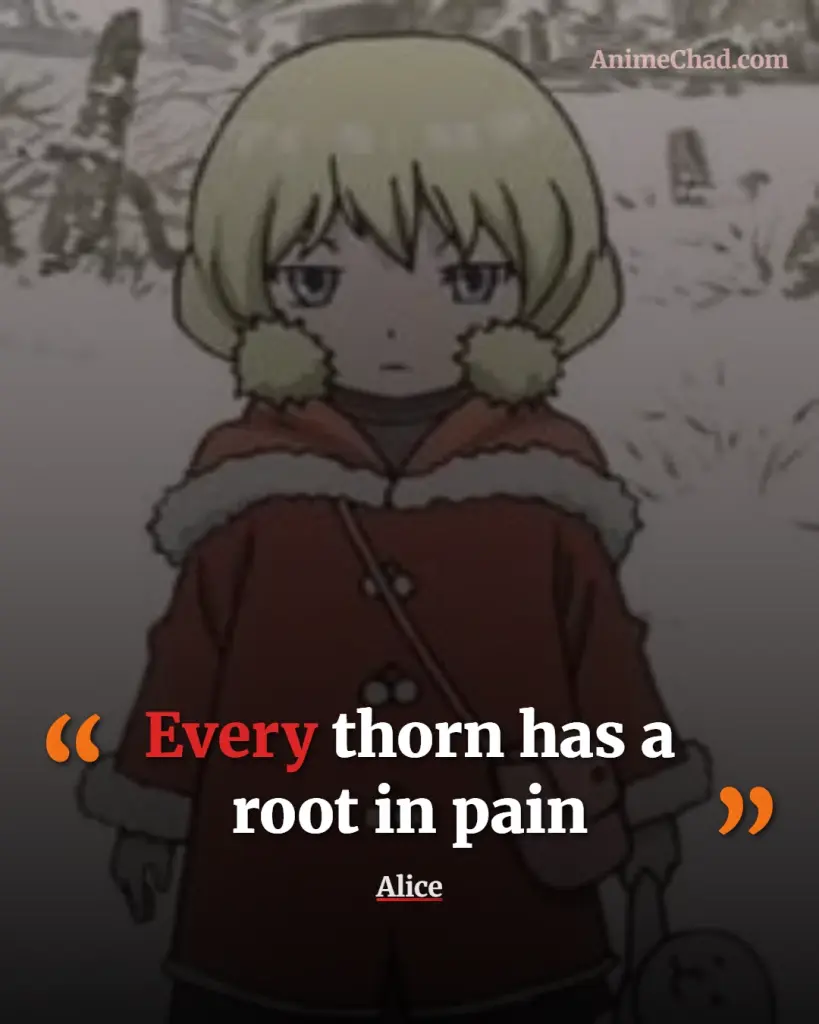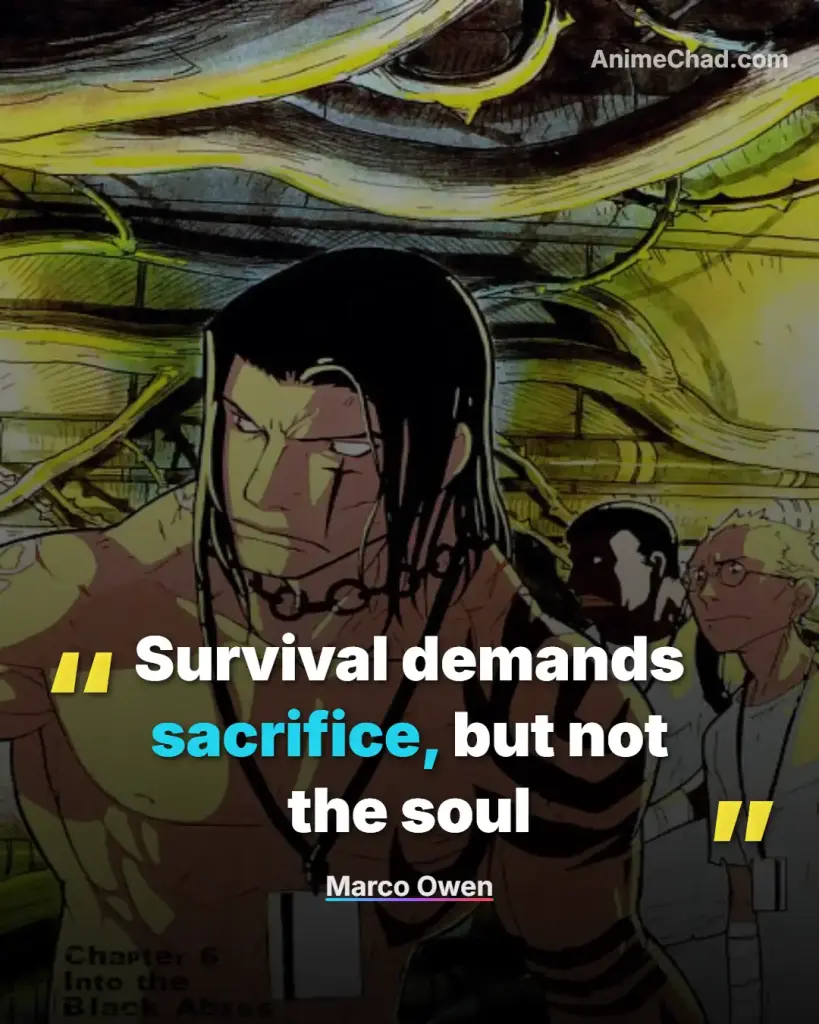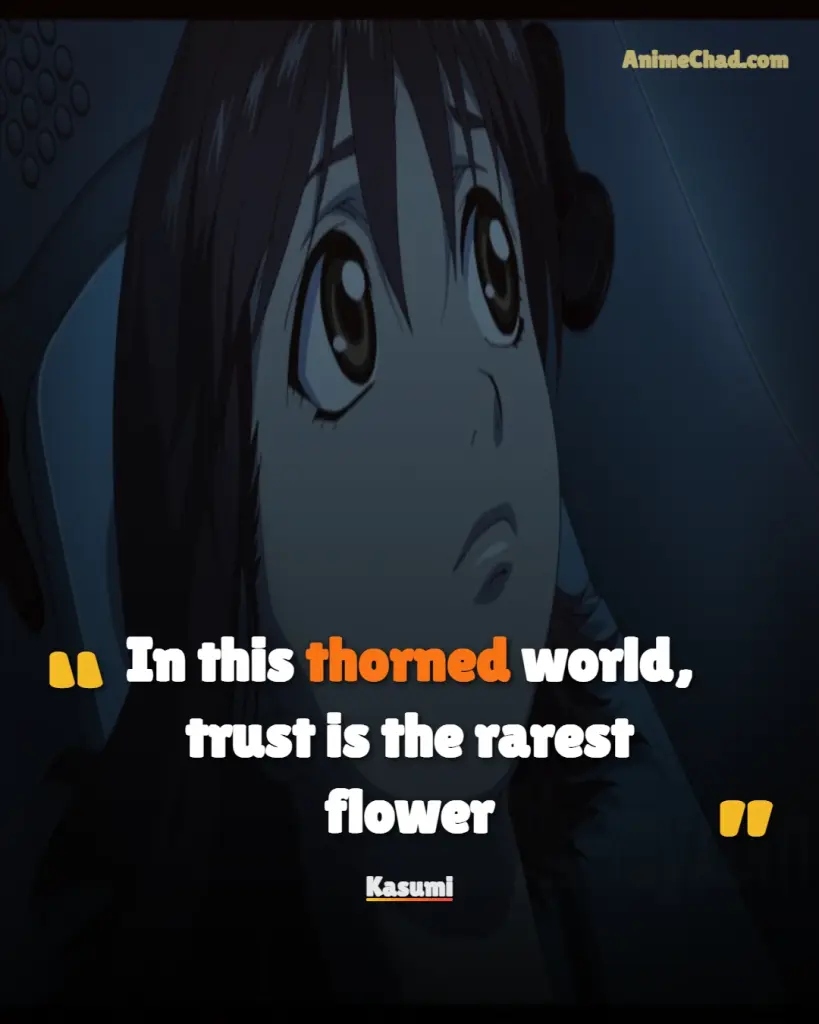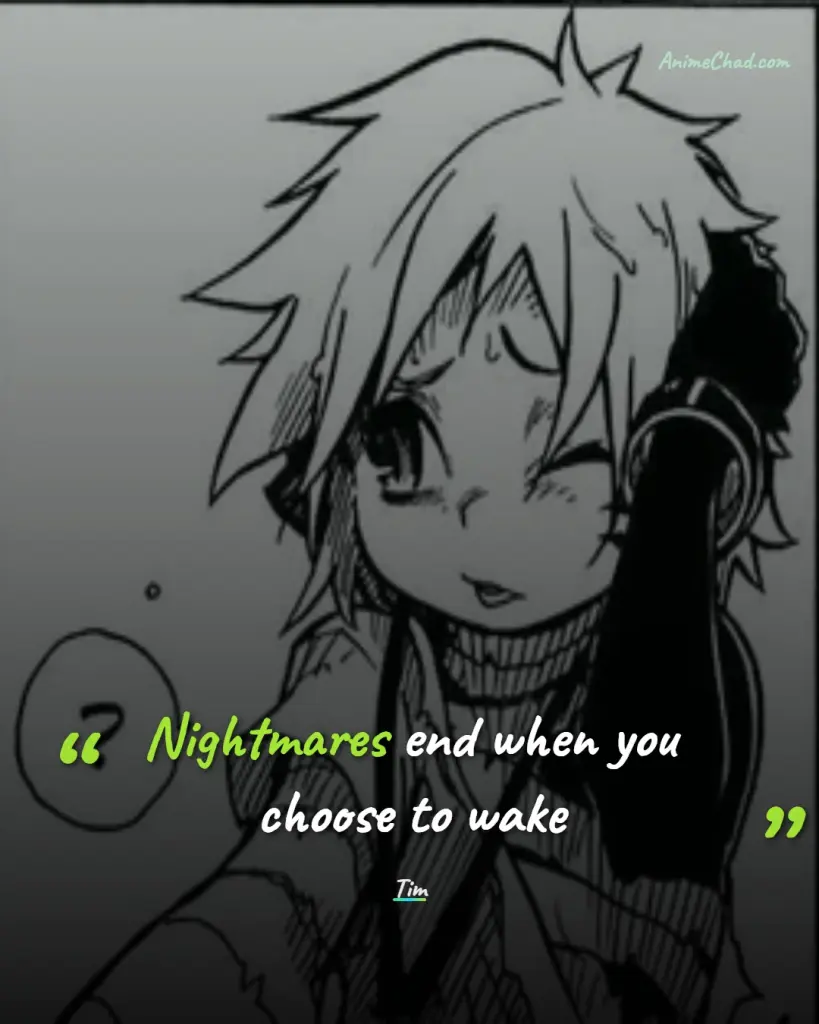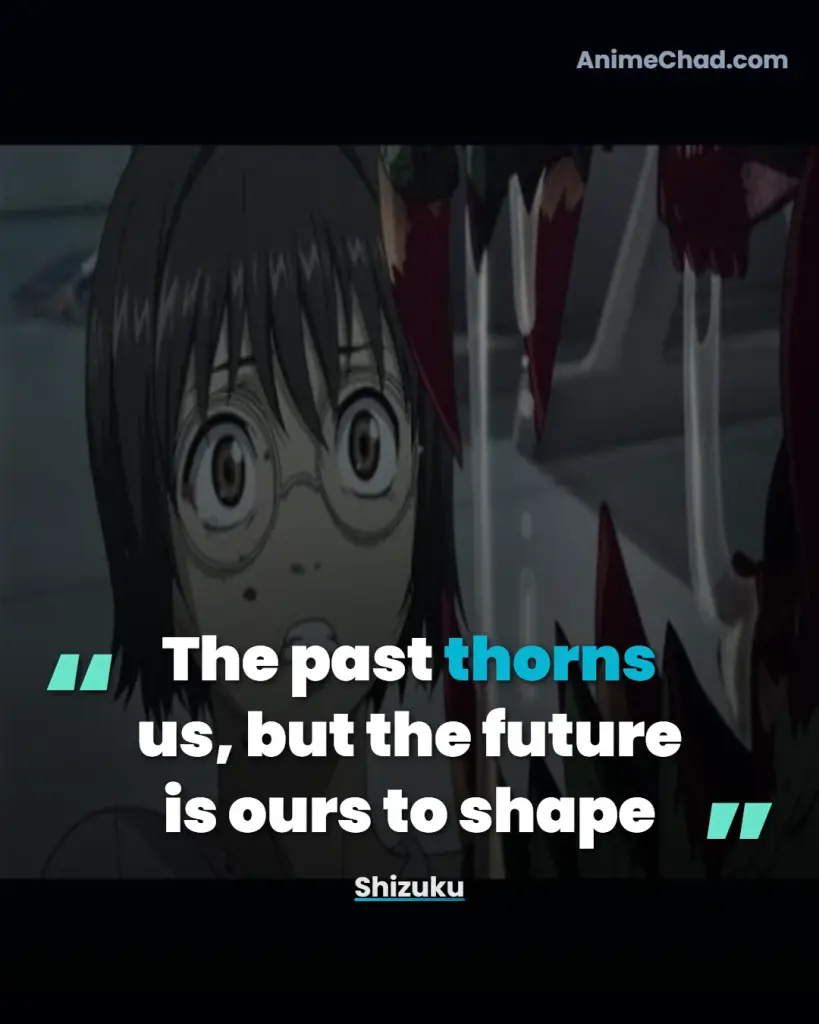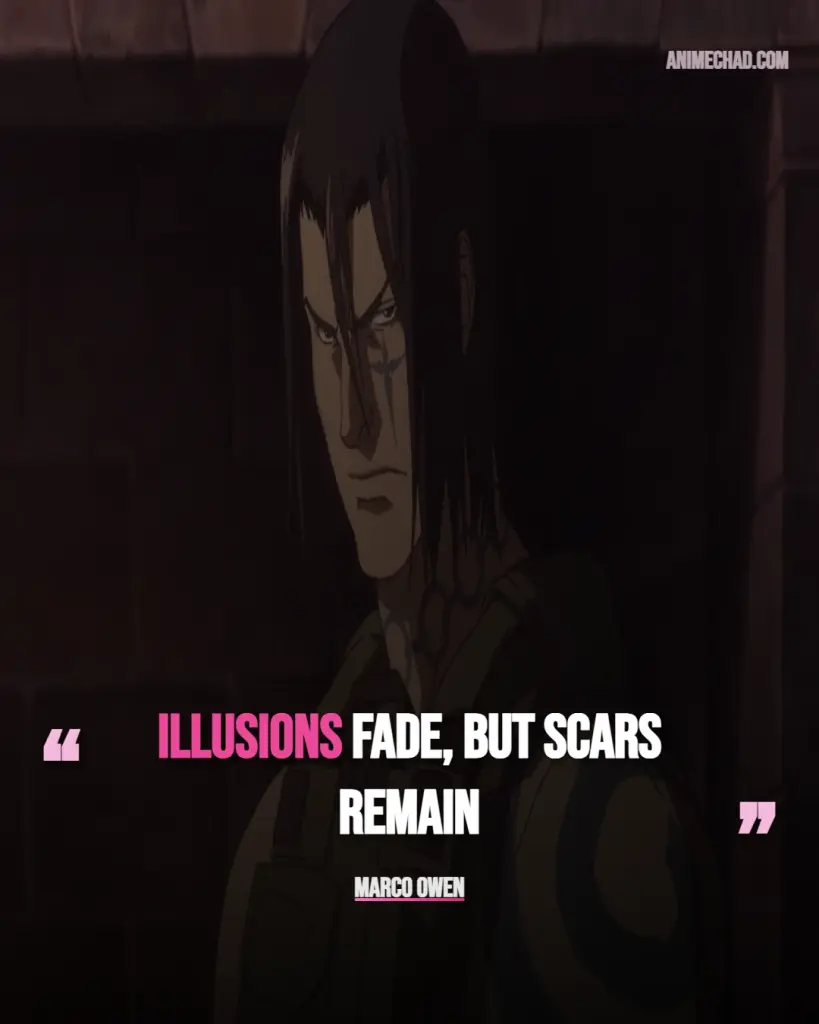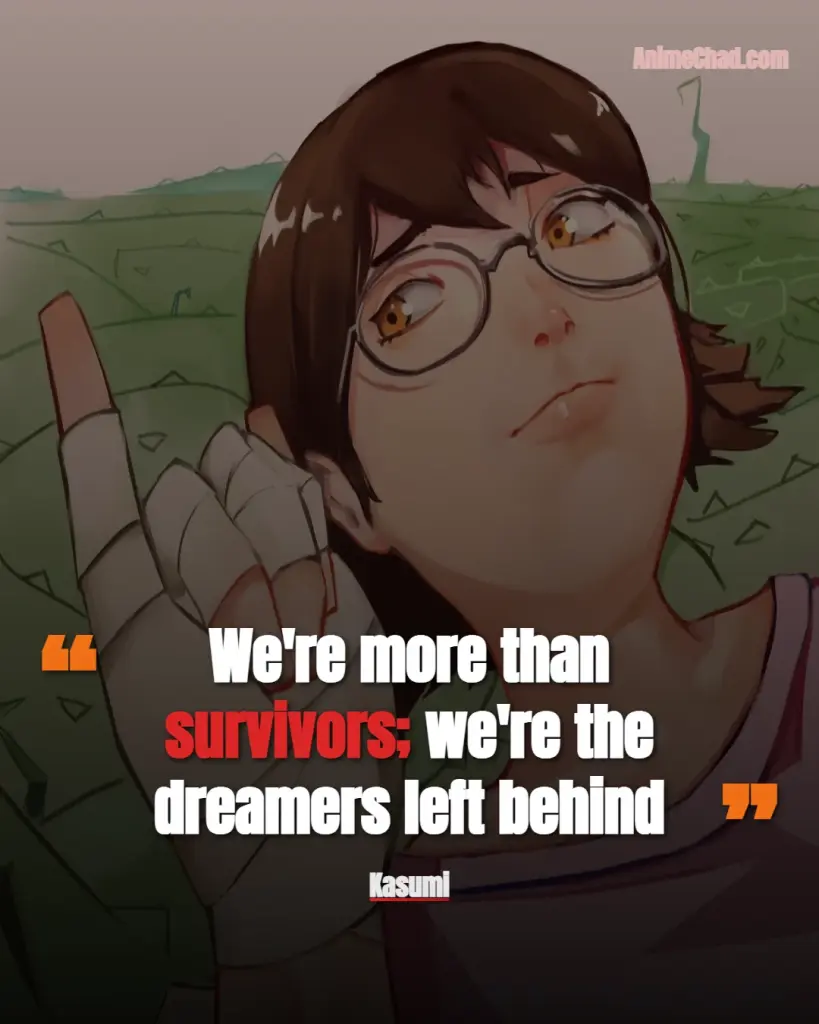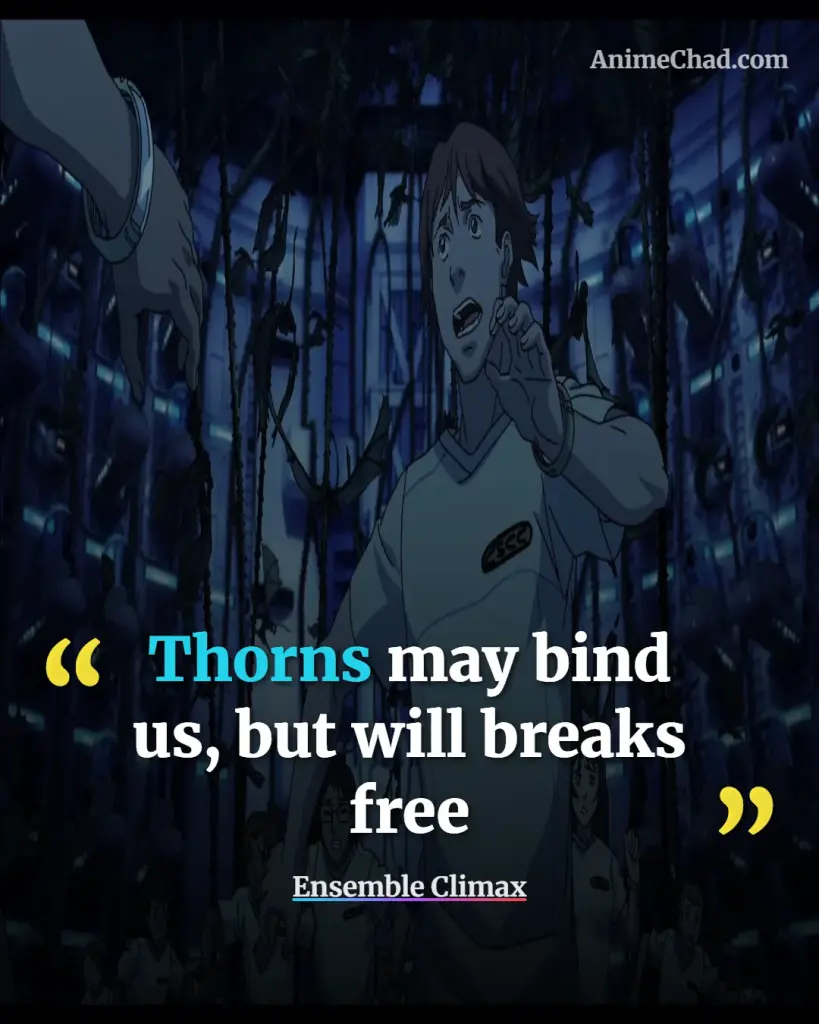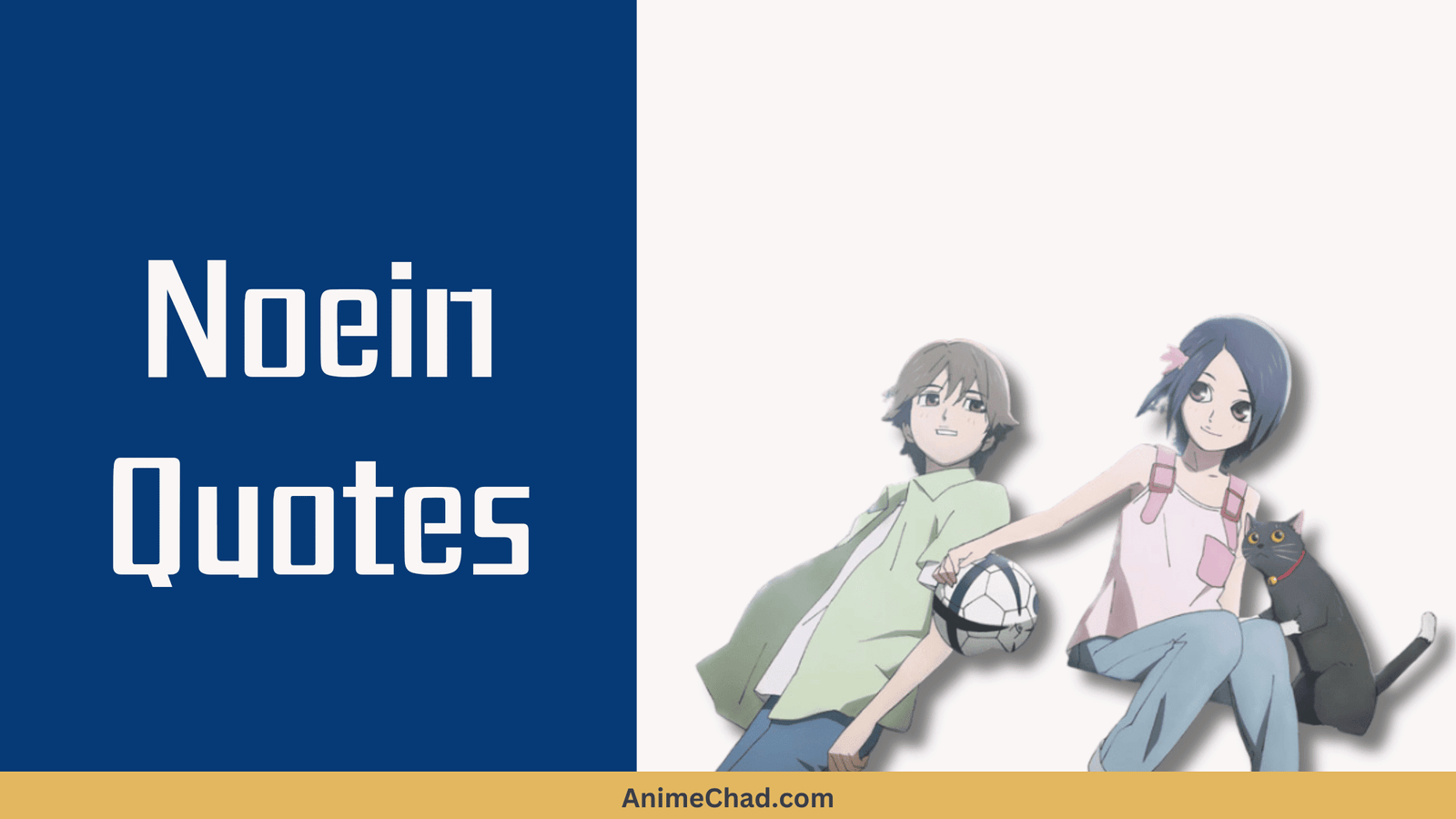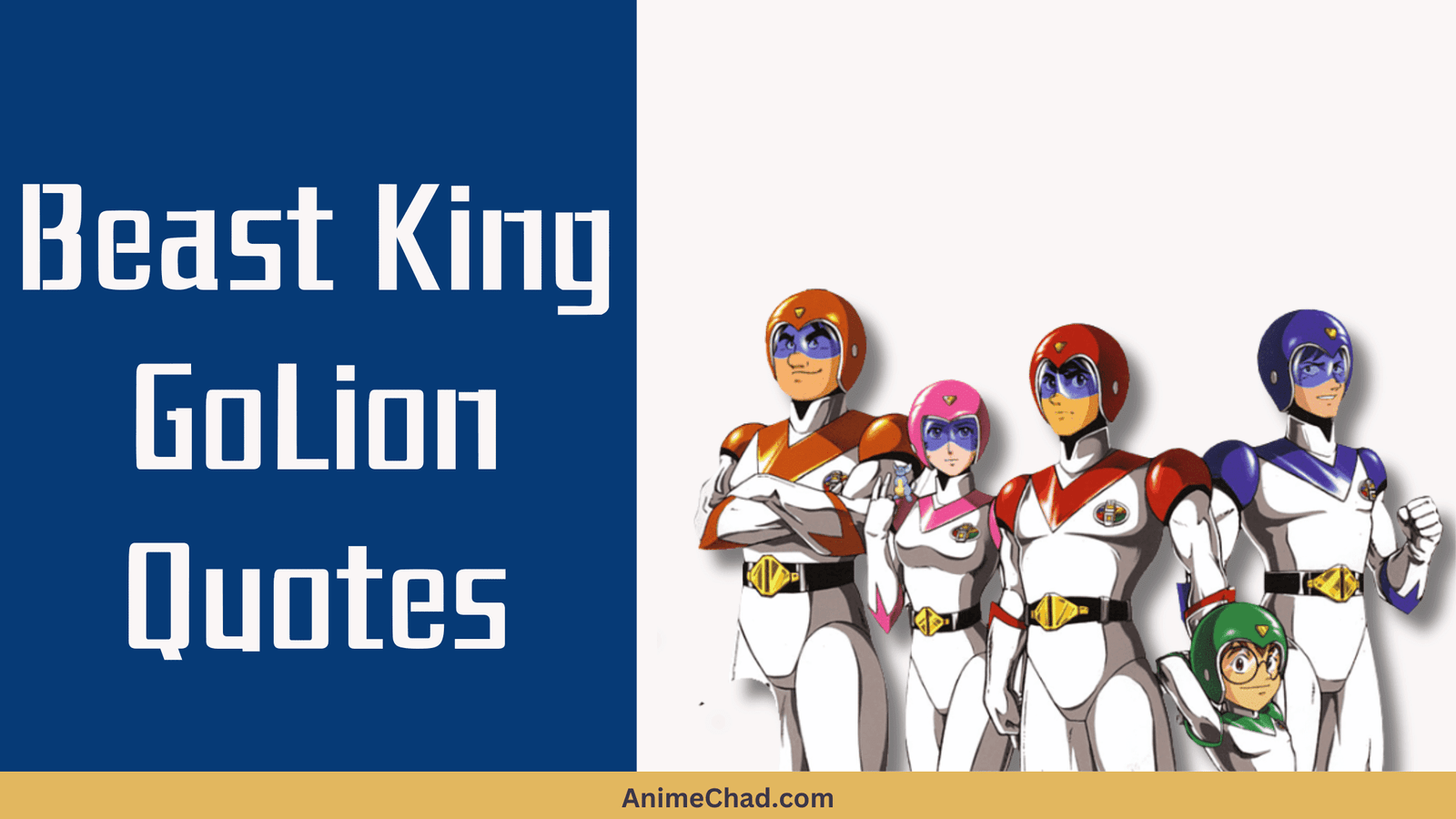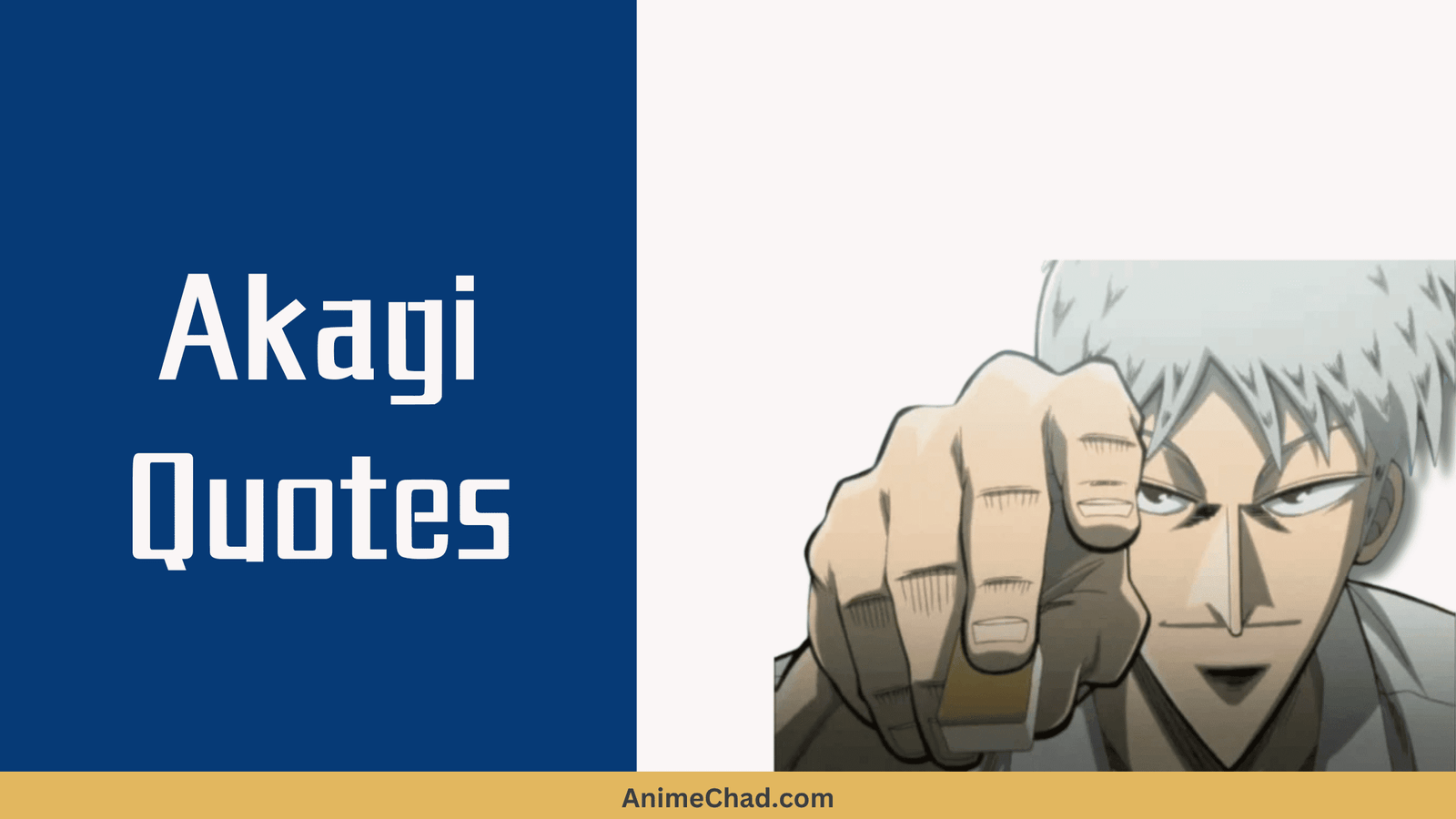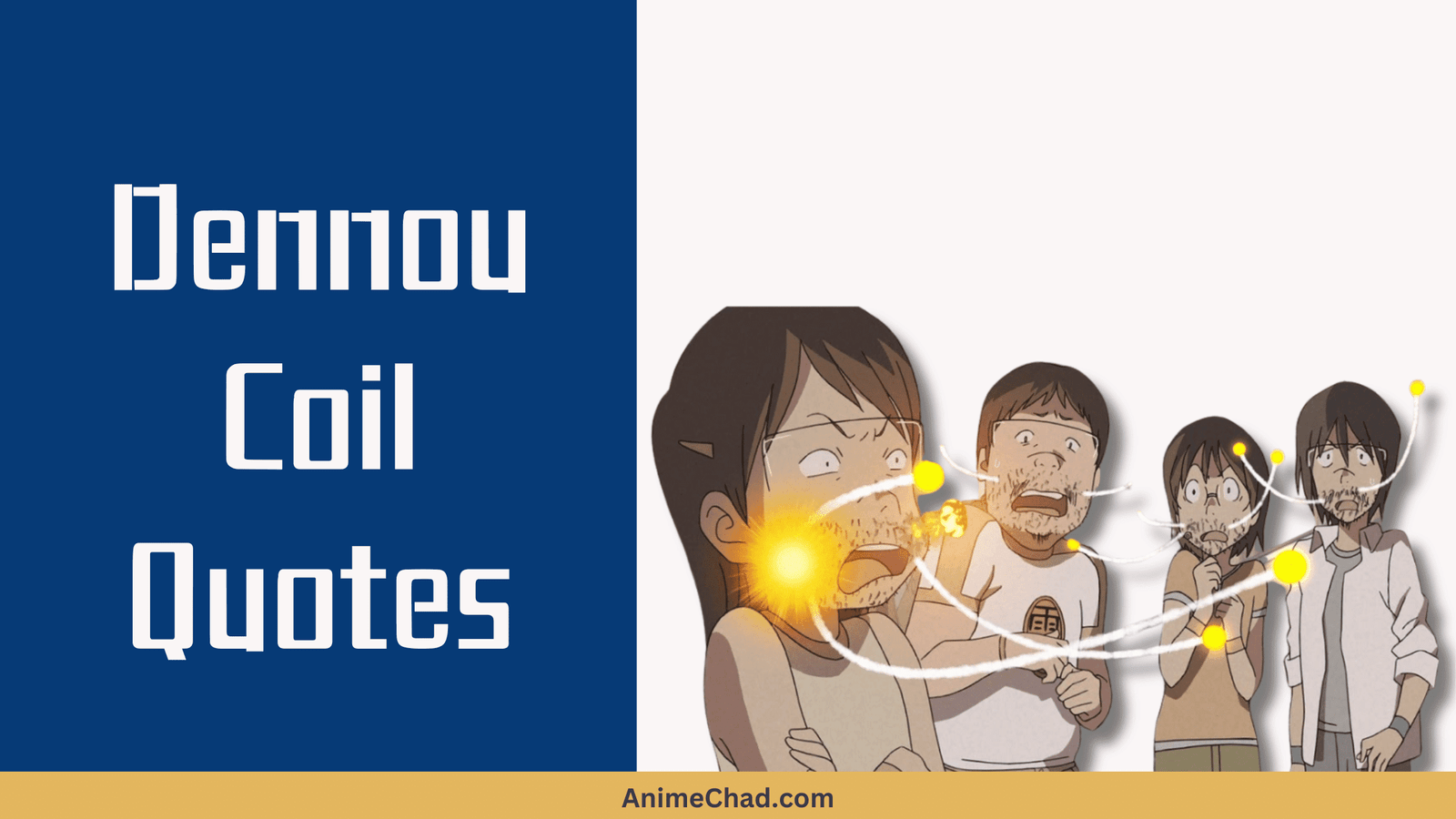King of Thorn is a Japanese manga and anime series by Yuji Iwahara that follows twin sisters Kasumi and Shizuku, among other survivors, as they navigate a post-apocalyptic world overrun by a deadly virus called Medusa and monstrous thorns after awakening from cryosleep. The story delves into themes of survival, illusion versus reality, human resilience, and the blurred lines between dreams and truth.
This curated list compiles 25 of the most impactful quotes from the manga and anime, highlighting emotional depth, character growth, and connections to the series’ core motifs across various arcs, blending intense action sequences with moments of introspection.
Perhaps all of us are only a dream of somebody
(Anime Film)
Marco Owen
This line questions reality during a hallucinatory confrontation, underscoring Marco’s cynical evolution and the theme of deceptive illusions.
Did Sleeping Beauty want to wake up at all?
(Anime Film)
Marco Owen
Spoken amid awakening horrors, it reflects doubt about survival’s worth, amplifying emotional despair and Kasumi’s arc of finding purpose.
A dream will always be deceived by reality
(Anime Film)
Marco Owen
Uttered in a moment of betrayal revelation, it captures the crushing weight of truth, tying into themes of shattered illusions and personal growth.
We ourselves might be just a dream seen by someone else
(Manga Volume 1/Anime Film)
Narrator/Ensemble Reflection
This introspective thought during cryosleep emergence highlights existential dread, connecting to the series’ dream-reality motif and group dynamics.
Survival isn’t just about staying alive; it’s about what you become
(Manga Volume 2)
Marco Owen
Said during a tense escape from thorns, it emphasizes Marco’s transformation from soldier to protector, blending action with moral introspection.
The thorns aren’t the real monster; we are
(Manga Volume 3)
Kasumi
In a quiet moment of self-doubt, this reveals her growing empathy, linking to human nature themes and her development beyond fear.
If this is a dream, I’d rather wake up fighting
(Anime Film)
Tim
Expressed in a battle against creatures, it showcases youthful defiance, adding emotional intensity to survival arcs.
Reality is the cruelest illusion of all
(Manga Volume 4)
Shizuku
During a hallucinatory trial, it underscores her tragic descent, highlighting sibling bonds and the pain of distorted perceptions.
We can’t change the past, but we can thorns it into something new
(Manga Volume 1)
Kasumi
A hopeful reflection post-awakening, it ties to resilience themes, marking her shift from victim to resilient survivor.
Fear is the seed from which thorns grow
(Anime Film)
Marco Owen
Spoken in a defensive standoff, this amplifies psychological horror, reflecting character confrontations with inner demons.
In the end, every dream thorns into nightmare
(Manga Volume 5)
Alice
During a climactic revelation, it conveys betrayal’s sting, connecting to illusion themes and her sacrificial role.
Strength isn’t in the body; it’s in the will to protect
(Manga Volume 2)
Kasumi
Uttered while aiding allies, this peaceful moment fosters her leadership growth, balancing action with emotional bonds.
The world ended, but our stories didn’t
(Anime Film)
Shizuku
In a rare calm amid chaos, it explores redemption, tying into survival themes and her complex character arc.
Illusions break, but hope thorns eternal
(Manga Volume 3)
Tim
Said during group recovery, it adds optimism to despair, highlighting youthful innocence evolving into maturity.
We’re all petrified by our own choices
(Manga Volume 6)
Marco Owen
In a final confrontation, this introspective line reveals regret, deepening his development and human nature motifs.
Dreams don’t die; they evolve into thorns
(Anime Film)
Kasumi
During an escape sequence, it symbolizes adaptation, blending battle intensity with themes of transformation.
The virus isn’t the enemy; forgetting who we are is
(Manga Volume 4)
Shizuku
Spoken in isolation, it amplifies identity loss, connecting to her tragic path and broader illusion-reality struggles.
Every thorn has a root in pain
(Manga Volume 1)
Alice
In an early peaceful dialogue, this fosters empathy, marking her brief but impactful role in emotional themes.
Survival demands sacrifice, but not the soul
(Anime Film)
Marco Owen
Expressed in a high-stakes rescue, it weighs moral costs, showcasing his shift toward compassionate leadership.
In this thorned world, trust is the rarest flower
(Manga Volume 5)
Kasumi
During alliance formation, it highlights betrayal fears, tying into group dynamics and her empathetic growth.
Nightmares end when you choose to wake
(Manga Volume 2)
Tim
In a moment of bravery, this empowers the group, blending action with themes of agency and personal evolution.
The past thorns us, but the future is ours to shape
(Anime Film)
Shizuku
Reflected in a sibling reunion, it conveys redemption’s hope, adding emotional depth to family bonds.
Illusions fade, but scars remain
(Manga Volume 3)
Marco Owen
Post-battle introspection reveals vulnerability, connecting to resilience and his arc of healing from trauma.
We’re more than survivors; we’re the dreamers left behind
(Manga Volume 6)
Kasumi
In the story’s resolution, this affirms human spirit, encapsulating themes of hope amid apocalyptic despair.
Thorns may bind us, but will breaks free
(Anime Film)
Ensemble Climax
Chanted in unity during the finale, it embodies collective strength, highlighting character unity and thematic closure.

